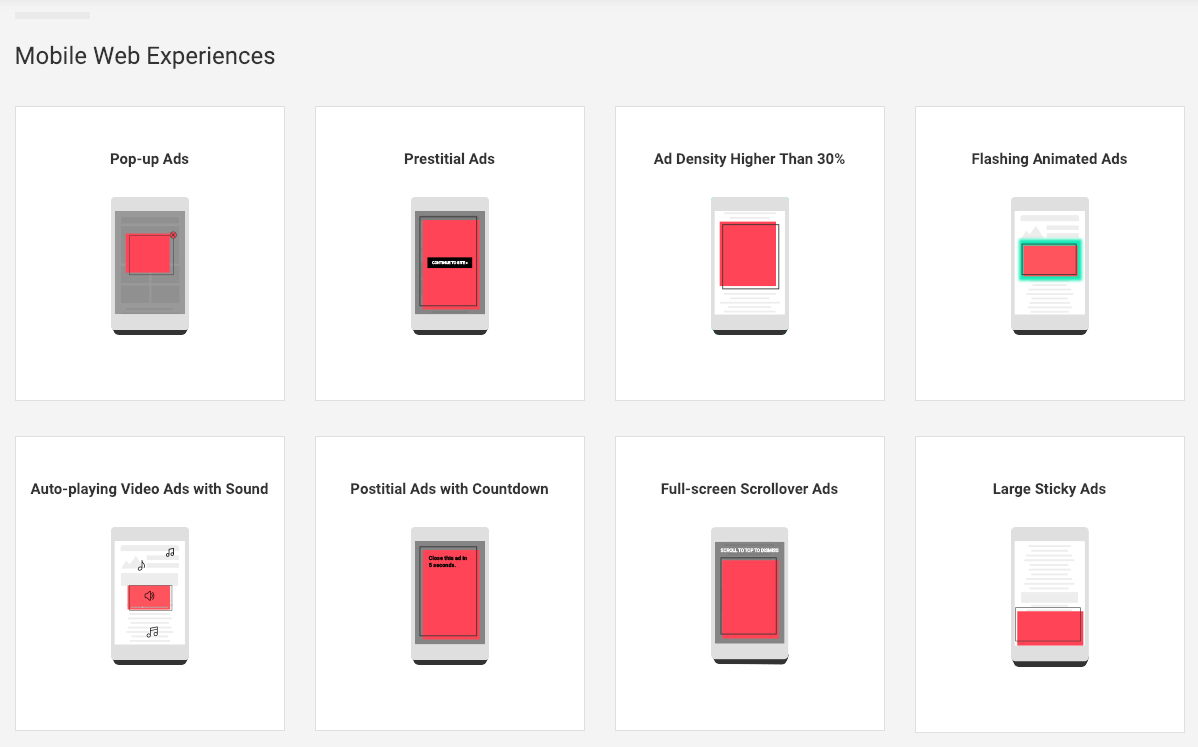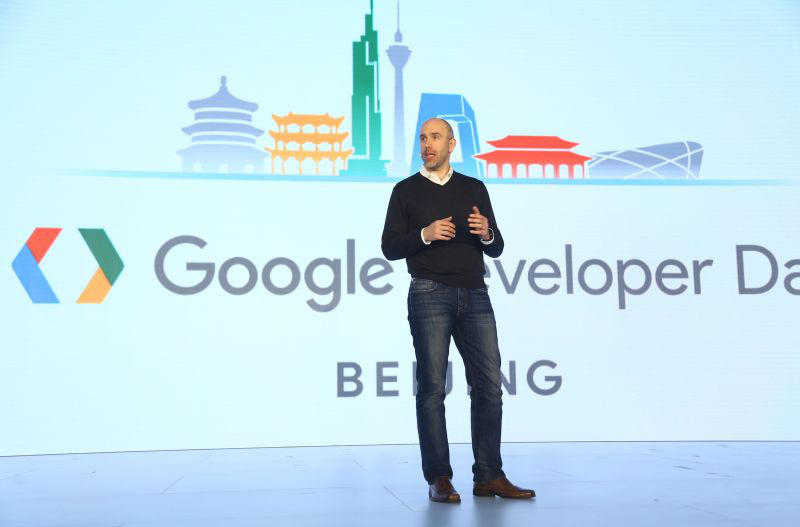Google Chrome Will Block Annoying Ads That Pop Up And Play Music From 9 July Onwards
The move follows the Coalition for Better Ads' announcement that it is expanding its "Better Ads Standard" worldwide.
Say 'sayonara!' to annoying ads because Google Chrome will roll out its ad-blocking feature to all users worldwide this year
First introduced to users in North America and Europe in February last year, the ad filter will come into effect for all users worldwide on 9 July.
The move follows the Coalition for Better Ads' announcement that it is expanding its "Better Ads Standard" - which Google adheres with - to cover all countries as well.
With the filter, Google will block out intrusive ads on both desktop and mobile websites for a better browsing experience
The Standards identifies 12 types of ads that should be avoided, based on comprehensive research involving more than 66,000 consumers. It was first published in March 2017.
On desktop, these ads should be avoided:
- Pop-up ads,
- Prestitial ads with countdown,
- Autoplay video ads with sound, and
- Large sticky ads.
Meanwhile, on mobile, users won't have to see these ads:
- Pop-up ads,
- Prestitial ads,
- Autoplay video ads with sound,
- Poststitial ads with countdown,
- Ads with a density of more than 30%,
- Flashing animated ads,
- Large sticky ads, and
- Full-screen scroll over ads.
The tech giant also shared that since it enforced the Standards, many websites have improved the advertising experience in a way that benefits users
"In the US, Canada, and Europe, website owners have successfully been able to make changes to the ads on their sites. As of January 1, 2019, two thirds of all publishers who were at one time non-compliant to the Better Ads Standards are now in good standing," wrote Chrome senior director of product Ben Galbraith.
"Further, out of millions of sites we've reviewed to date, less than 1% have had their ads filtered."



